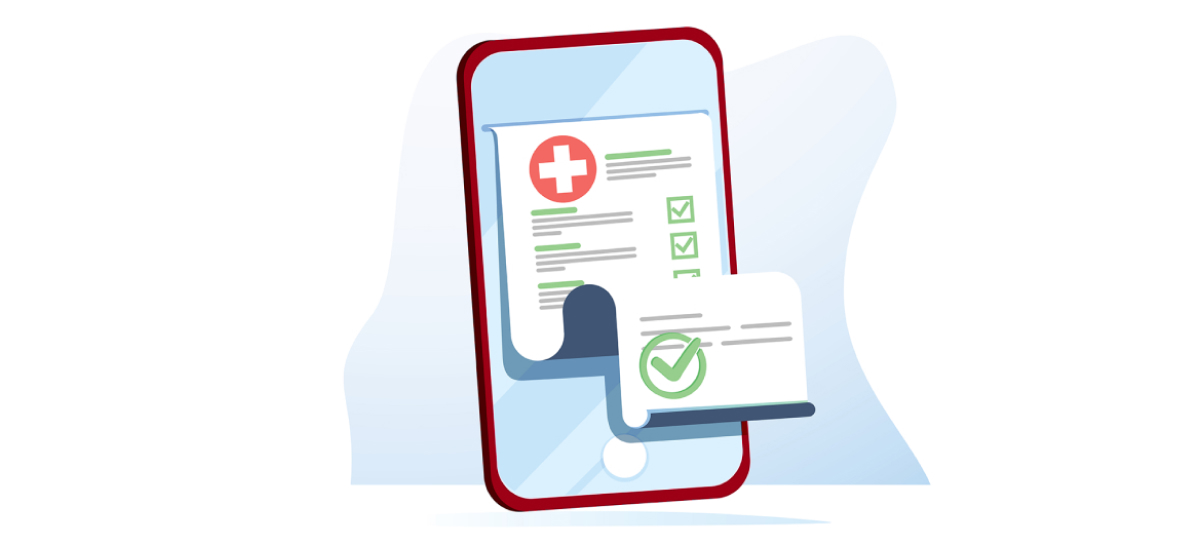The healthcare spending in India is continuously increasing, and the pediatric healthcare system is no exception. From regular vaccination to severe diseases, medical costs for children can be a significant financial burden. With inflation affecting medical services, parents must further plan for the child to receive quality treatment without having financial stress.
Let's examine factors that increase your health costs and how parents can reduce these expenses through health insurance plans and strategic financial planning.
What is pediatric healthcare?
Pediatric healthcare refers to the medical care and treatment provided to infants, children, and adolescents from birth until they reach adulthood. It covers a wide range of healthcare services, including preventive care, diagnosis, treatment, and management of diseases and developmental issues specific to children.
Key aspects of pediatric healthcare
· Preventive care: Routine check-ups, vaccinations, growth monitoring, and wellness screenings.
· Acute care: Treatment for common childhood illnesses like flu, infections, and minor injuries.
· Chronic disease management: Care for conditions like asthma, diabetes, congenital disorders, and allergies.
· Mental and developmental health: Addressing behavioural issues, ADHD, autism, and speech therapy.
· Specialist care: Pediatric cardiology, neurology, oncology, and other advanced medical treatments.
Since children's healthcare needs are different from adults, pediatric healthcare is provided by specialists known as pediatricians, who focus on child-specific medical conditions and developmental concerns.
Why is pediatric healthcare becoming expensive?
1. Increasing medical inflation
The cost of health services in India increases annually due to hospital tax, clinical studies, and medical inflation. The cost of specialised pediatric treatments has also increased due to progress in medical technology.
2. Expensive vaccinations
Vaccination is important for the best interests of the child. However, vaccines such as Pneumococcal Conjugate Vaccine (PCV) and Human Papillomavirus (HPV) vaccine can cost thousands of rupees.
3. Increase in the occurrence of chronic diseases
Lifestyle changes have increased conditions such as overweight, diabetes, and respiratory disorders, which increases the demand for medical treatment in the long term.
4. High consultation charges
Expert pediatrician and newborn care services come with a price. A single pediatrician ICU recording can cost more than lakhs, which can make financial preparations necessary.
5. Expensive clinical tests and treatment
Advanced studies such as MRI scans, genetic testing, and special treatment for conditions such as autism spectrum disorder can be expensive and are often important for accurate diagnosis.
How to plan for rising pediatric healthcare costs?
1. Invest in a comprehensive health insurance plan
Selecting the best health insurance plans for a family or child health insurance plans can provide financial security during medical emergencies. Look for:
· Coverage for hospitalisation (including ICU stays)
· OPD expenses (for doctor consultations and medications)
· Preventive healthcare services (including vaccinations)
· Newborn and maternity coverage
2. Opt for an individual child health insurance plan
While health insurance plans for family provide coverage for all members, an individual child health insurance plan ensures higher coverage for pediatric-specific conditions. Key benefits include:
· Covers congenital disorders and critical illnesses
· Covers daycare procedures like minor surgeries
· Higher sum insured for children’s health need
3. Create a medical emergency fund
In addition to insurance, maintain a separate savings fund for the health care system. This ensures that you have easily available cash for medical expenses that cannot be covered by insurance such as specialised treatments, experimental procedures, or high-end medications.
A dedicated emergency fund also provides peace of mind, ensuring immediate access to quality healthcare without financial delays.
4. Consider preventive health and wellness check-ups
Regular check-ups quickly help to detect health problems and prevent costly treatment later. Some health insurance plans cover annual pediatric checks, vaccinations, and dental care.
Investing in preventive healthcare also promotes a healthier lifestyle for children, ensuring they receive timely interventions before minor issues escalate into serious conditions.
5. Select a network hospital
According to your health insurance plan, choosing cashless treatment facilities in a network hospital may reduce pocket expenses. Network hospitals have direct tie-ups with insurance providers, enabling hassle-free medical treatment without the need for immediate cash payments.
Additionally, these hospitals often provide high-quality healthcare facilities and priority access to specialists under health insurance coverage.
6. Compare health insurance policies before buying
Compare various health insurance plans by considering various factors such as:
· Maximum coverage at an affordable premium
· No co-payment clause for children’s treatments
· Coverage for daycare procedures and OPD expenses
Final Thoughts
Pediatrics increases the cost of health care, which makes it important to plan for parents. Investing in a health insurance plan or a health insurance plan for a family ensures that your child gets the best medical care without financial burden.
By choosing the right policy and maintaining the healthcare fund, you can protect the child's future by controlling expenses effectively. Want to help your child to have the best health insurance plans? Explore Generali Central's insurance plans today!
Frequently Asked Questions (FAQs)
1. Why do I need a separate child health insurance plan if I already have family health insurance?
While family insurance covers everyone, a child-specific plan offers higher coverage for pediatric illnesses, vaccinations, and newborn care.
2. Does health insurance cover vaccinations for children?
Yes, some health insurance plans cover essential vaccinations. It’s important to check the policy details before purchasing.
3. What is the ideal coverage amount for child health insurance?
The ideal sum insured should be at least ₹5-10 lakhs to cover hospitalisation, treatments, and critical illnesses.
4. Does health insurance cover genetic or congenital disorders?
Many policies cover congenital disorders, but it’s advisable to check the specific policy terms before purchase.
5. Can I buy a health insurance plan for my newborn?
Yes, newborns can be covered under maternity insurance from birth. Some policies require adding the child to the plan within a specified timeframe.

























